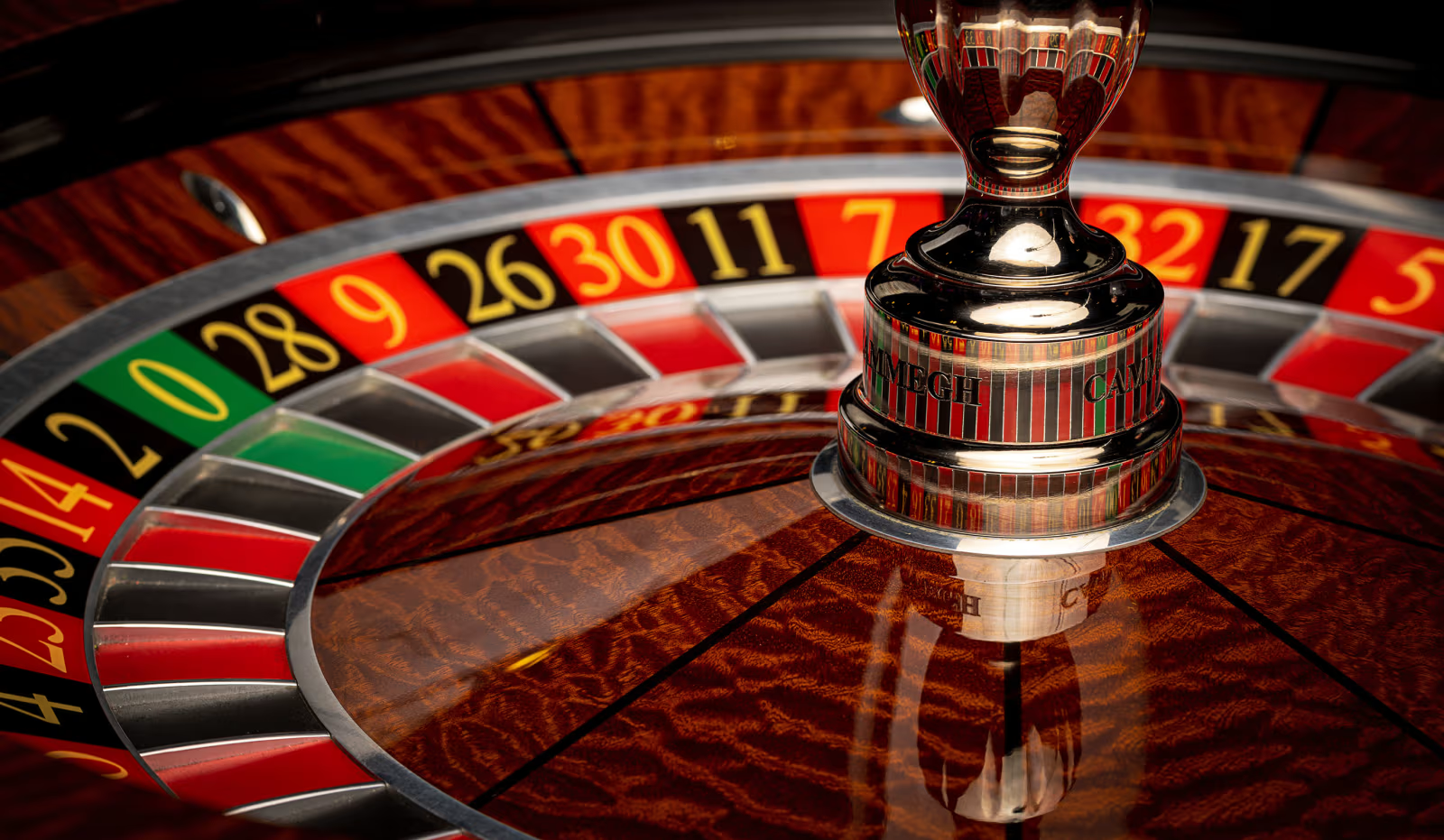Introduction to the Algorithms of Roulette

Roulette, one of the most iconic casino games, has captivated players for centuries with its spinning wheel, colorful layout, and the promise of potential riches. As much as the game is a staple of entertainment in casinos worldwide, it also presents an intriguing challenge for those who seek to beat the odds or improve their chances of winning. While the outcome of each spin is determined by chance, the use of algorithms in roulette is often considered a strategy to manage bets, track patterns, and maximize long-term profitability.
At its core, roulette is a game of probability, with a wheel divided into 37 (European roulette) or 38 (American roulette) pockets, each labeled with a number and a color. Players place bets on where they believe the ball will land, choosing from various combinations of individual numbers, colors, or groups of numbers. Despite the appearance of randomness, many players and even some professional gamblers have tried to apply mathematical methods and betting systems to beat the house edge.
This article explores the concept of algorithms in the context of roulette, addressing their potential, limitations, and how they have evolved over time. It focuses on understanding the role of statistical strategies, betting systems, and computer simulations that have sought to exploit the supposed weaknesses in the game. However, while these algorithms may improve the management of money and betting patterns, they cannot alter the fundamental fact that roulette remains a game dominated by chance.

The Role of Probability in Roulette
Before delving into the algorithms, it’s essential to understand the role of probability in roulette. In both European and American roulette, the outcome of each spin is independent of previous spins. In European roulette, there are 37 pockets: 18 red, 18 black, and one green pocket marked “0.” In American roulette, there are 38 pockets due to an additional green pocket marked “00.”
The house edge, the built-in advantage the casino holds over players, is influenced by the design of the game. For European roulette, the house edge is around 2.7%, while for American roulette, it increases to about 5.26% due to the extra “00” pocket. This house edge ensures that, in the long run, the casino will always have an advantage over players, no matter what strategies or algorithms are employed.
Betting Systems: Attempting to Beat the Odds
One of the most popular ways players try to improve their chances in roulette is by using betting systems. While these systems do not alter the inherent randomness of the game, they provide structure to how players wager their money. Several betting algorithms have been developed over the years, each with its unique strategy.
Martingale System
The Martingale system is perhaps the most famous betting strategy in roulette. It involves doubling the bet after every loss, with the goal of recovering previous losses when a win eventually occurs. For example, if a player bets $10 on red and loses, they would bet $20 on red in the next round. If they lose again, they double their bet to $40, and so on. The theory is that, eventually, the player will win and recoup all losses.
The problem with the Martingale system, however, is that it assumes an infinite bankroll and no betting limits, both of which are unrealistic in a real casino environment. As a result, players may quickly hit table limits or run out of money before a win occurs.
Fibonacci System
The Fibonacci system is another popular strategy based on a mathematical sequence. In this system, players increase their bet according to the Fibonacci sequence after a loss. The sequence starts with 1, 1, 2, 3, 5, 8, 13, and so on, where each number is the sum of the two preceding ones. After a loss, players move to the next number in the sequence and bet that amount. After a win, they move back two steps in the sequence.
While the Fibonacci system is less aggressive than the Martingale system, it still carries risks and cannot overcome the inherent house edge. The algorithm provides a more controlled approach, but like all betting systems, it ultimately does not change the fundamental probabilities.
Labouchère System
The Labouchère system, also known as the cancellation system, is a more complex approach where players write down a sequence of numbers, and the total sum of these numbers represents the desired profit. Players bet the sum of the first and last numbers in the sequence. If they win, the two numbers are crossed off. If they lose, the lost amount is added to the end of the sequence. This system can become quite intricate as the sequence changes after each win or loss.
While the Labouchère system provides a structured approach, it still cannot change the underlying odds of the game. The main challenge is that players need a larger bankroll to sustain the fluctuating bet sizes, and the strategy can lead to significant losses.
Algorithmic Betting and Computer Simulations
In addition to these traditional betting strategies, some gamblers and researchers have explored more advanced algorithms to predict the outcome of roulette spins. Computer simulations, machine learning techniques, and statistical modeling have been used in an attempt to analyze patterns or trends that might offer a slight advantage.
For example, some players have attempted to use sensors or predictive software to detect biases in the physical wheel or the ball’s trajectory, believing that small imperfections in the wheel could be exploited to predict where the ball will land. While such methods are theoretically possible, they require access to sophisticated technology and highly controlled environments, making them impractical in most casino settings.
Additionally, some advanced algorithms attempt to model the roulette wheel as a dynamic system, using algorithms like Monte Carlo simulations to predict where the ball is likely to land based on various physical and statistical factors. However, these techniques often rely on data that may not be available in a typical casino setting and still fall prey to the inherent randomness of the game.
Conclusion
While algorithms and betting systems provide frameworks for managing bets and improving bankroll strategies, they cannot alter the fundamental randomness of roulette. The house edge ensures that, in the long run, the casino will maintain an advantage. Betting systems like Martingale, Fibonacci, and Labouchère offer structured approaches to wagering, but they cannot guarantee consistent profits. Advanced algorithms and computer simulations can help analyze patterns and improve decision-making, but they are unlikely to provide a consistent edge in a truly random game like roulette.
In the end, understanding the mathematical principles behind roulette, including the probabilities and house edge, is crucial for any player seeking to make informed decisions. While algorithms can be interesting tools for betting management, they should be viewed with caution, as they do not change the fundamental nature of the game.


